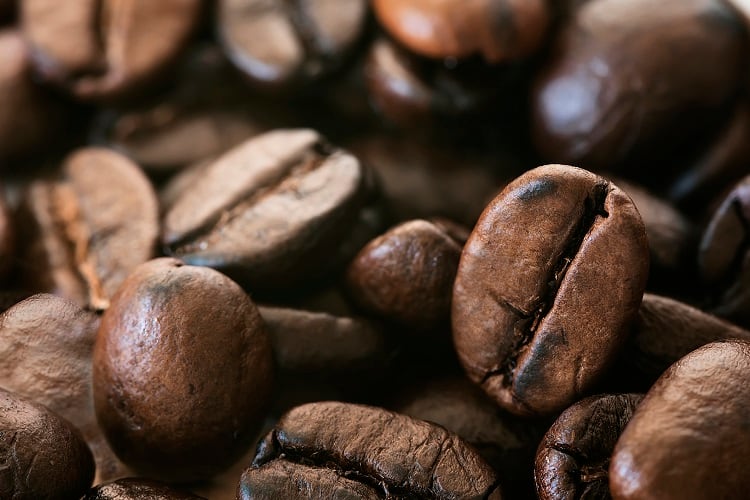Coffee, made from roasted beans sourced from certain Coffea species, has been consumed for more than 500 years. Today, it is one of the world’s most popular drinks, and the most frequently used central stimulant.
Yet the jury is out as to whether coffee consumption contributes to increased risk of ischemic heart disease (IHD) or not.
IHD, otherwise known as coronary heart disease, refers to heart problems caused by narrowed heart arteries. It is often associated with an unhealthy diet and can lead to heart attack.
In Scandinavia, researchers have sought to identify possible links between the amount and type of coffee – filtered and unfiltered – and the risk of total, cardiovascular, IHD, and stroke mortality.
The proof is in the brewing
Associations between coffee and IHD were first made in 1983, by Professor Dag S. Thelle of the University of Gothenburg, Sweden.
Professor Thelle, who also co-authored this latest study, discovered that drinking coffee was linked with both raised total cholesterol and LDL – or ‘bad’ – cholesterol levels. Later, the lipid-raising components of coffee were identified to be the diterpenes kahweol and cafestol.
Experiments also revealed that these culprit substances could be removed using a filter. A portion of unfiltered brewed coffee contains about 30 times the concentration of kahweol and cafestol compared to filtered coffee.
“We wondered whether this effect on cholesterol would result in more heart attacks and death from heart disease,” explained the professor. “But it was unethical to do a trial randomising people to drink coffee or not. So we set up a large population study and several decades later we are reporting the results.”
The study enrolled a representative sample of the Norwegian population between 1985 and 2003, comprising 508,747 healthy women and men aged 20 to 79. Subjects were asked to complete a questionnaire on how much, and importantly, what type (filtered or unfiltered) of coffee they consumed.
‘Filtered more favourable than unfiltered’
In Norway, coffee is traditionally brewed using a paper filter, which makes for a drip-brewed final product. Alternatively, when coffee is unfiltered, Norwegians usually let the ground coffee beans simmer in close-to-boiling water before serving.
Of the 508,747 participants, 59% preferred filtered brew, 20% preferred unfiltered brew, 9% preferred both brewing methods, and 12% did not drink coffee.
Over an average period of 20 years, 46,341 of the study participants died. A total of 12,621 deaths were due to cardiovascular disease, and of those deaths, 6,202 were caused by a heart attack.
The researchers observed important differences between the brewing method and mortality rates.
“In general, coffee consumption was not unfavourable, but filtered was more favourable than unfiltered coffee,” study co-author Aage Tverdal, senior research at the Norwegian Institute of Public Health, told FoodNavigator.
“In addition, the cardiovascular mortality risk varied with the number of cups per day.”
Indeed, drinking filtered coffee was found to be safer than drinking no coffee at all. Compared to no coffee, filtered brew was associated with a 15% reduced risk of death from any cause during follow up.
Concerning death from cardiovascular disease, filtered brew was associated with a 12% decreased risk of death in men, compared to no coffee. In women, the decreased risk increased to 20%.
The study, published in the European Journal of Preventive Cardiology, found that the lowest mortality was observed among consumers who drank between one to four cups of filtered coffee per day.
The researchers were unable to say whether their findings would apply to other populations, but said it is reasonable to assume that the cholesterol raising effect of unfiltered coffee is generalisable.
Thus, they noted, a high intake of unfiltered coffee could be most unfavourable in high-risk groups.
Source: European Journal of Preventive Cardiology
‘Coffee consumption and mortality from cardiovascular diseases and total mortality: Does the brewing method matter?’
Published: April 2020
DOI: 10.1177/2047487320914443
Authors: Aage Tverdal, Randi Selmer, Jacqueline M Cohen and Dag S Thelle




